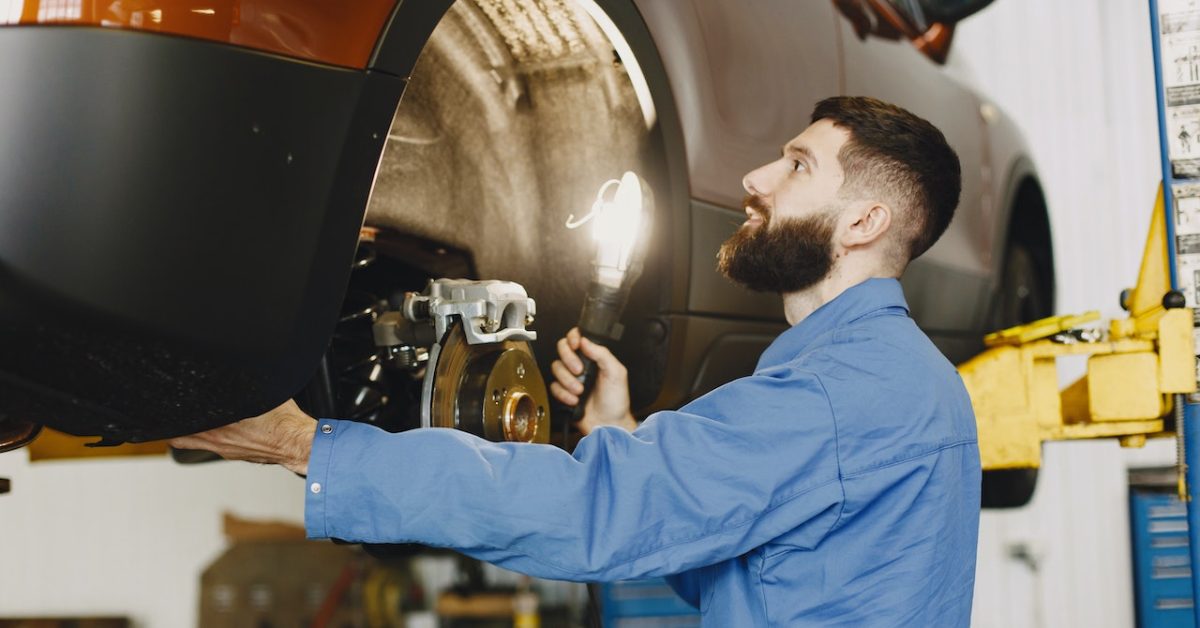Keeping your car in top shape isn’t exactly rocket science. Maintaining peak performance from your car requires frequent tune-ups. A tune-up, also known as routine maintenance, entails a wide range of checks and adjustments to ensure that your vehicle is operating at peak efficiency and dependability. The spark plugs, fuel filter, air filter, and other parts of the engine will be checked by a trained mechanic as part of a tune-up. Other from the obvious things like brakes, tires, and the suspension system, they’ll check the oil and fluids as well.
A tune-up can assist in identifying any minor flaws that, if ignored, could grow into larger ones and in preventing problems before they arise. Additionally, it aids in fuel economy and performance optimization for your vehicle. Regular tune-ups may keep your car in top condition and possibly save you money over time. Therefore, make sure to get a tune-up at least once a year if you want to maintain your automobile operating smoothly and dependably.
Every Car Needs A Tune-up To Keep Running Its Best
Cars need regular tune-ups to maintain optimal performance and prevent potential issues. During a tune-up, various parts of the vehicle, such as the spark plugs, air and fuel filters, and the engine control system, are checked and replaced if necessary. This helps to ensure that the engine is running efficiently, reducing fuel consumption and emissions while also extending the lifespan of the vehicle. Regular tune-ups can also help to diagnose any potential problems early, allowing for prompt repairs and avoiding costly breakdowns.
Benefits of a Tune-up
A regular tune-up is essential to ensuring that your car always performs at its optimum. Performance, lifespan, fuel economy, safety, and the ability to detect problems early can all improve with regular tune-ups. When performance is enhanced, acceleration is sped up, power is increased, and gas mileage is decreased. In addition to extending the life of the vehicle, regular maintenance helps keep costs down by preventing breakdowns. In addition, keeping up with routine maintenance can increase a vehicle’s fuel economy, which in turn decreases both fuel use and pollution output. A tune-up can help identify potential issues before they become major breakdowns, saving you money and time. Finally, keeping up with the vehicle’s suggested maintenance schedule can aid in keeping the warranty intact. If you want to maintain your automobile operating smoothly and efficiently, it’s in your best interest to invest in regular tune-ups.
How Often to Get a Tune-up
The frequency of car tune-ups depends on several factors, including the make and model of the vehicle, driving conditions, and the age of the vehicle. Generally, it is recommended to get a tune-up every 30,000 to 50,000 miles or every two to three years, whichever comes first. However, the best way to determine the frequency of tune-ups for your specific car is to refer to the owner’s manual or consult a trusted mechanic. A good rule of thumb is to get a tune-up whenever the vehicle’s performance starts to decline or if there are any warning signs of potential issues. Regular tune-ups can help to keep a car running smoothly and efficiently, reducing the need for costly repairs and breakdowns.




